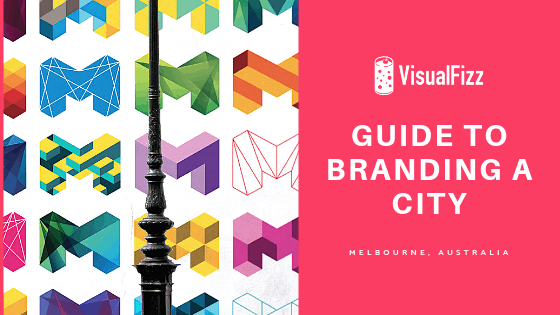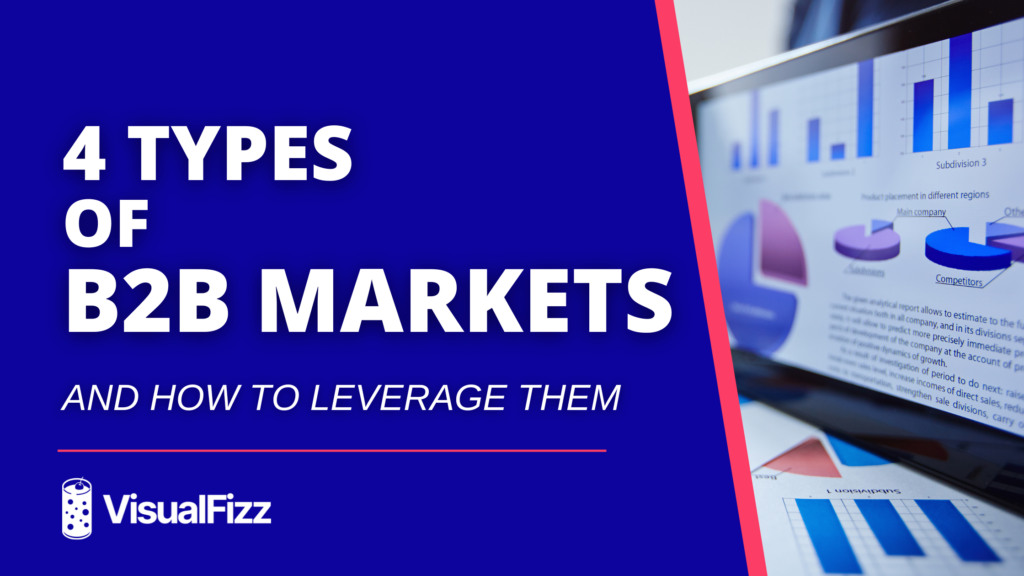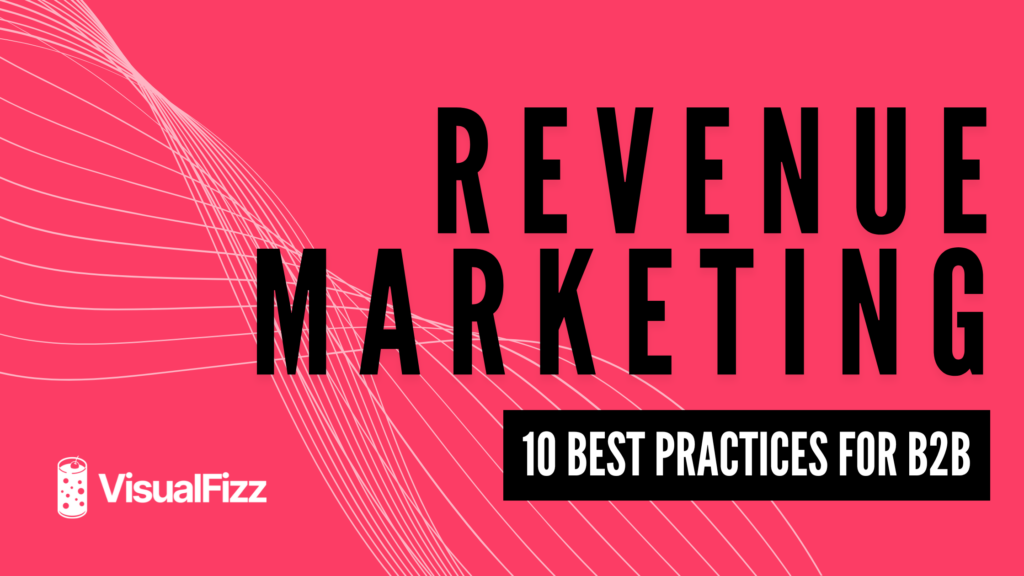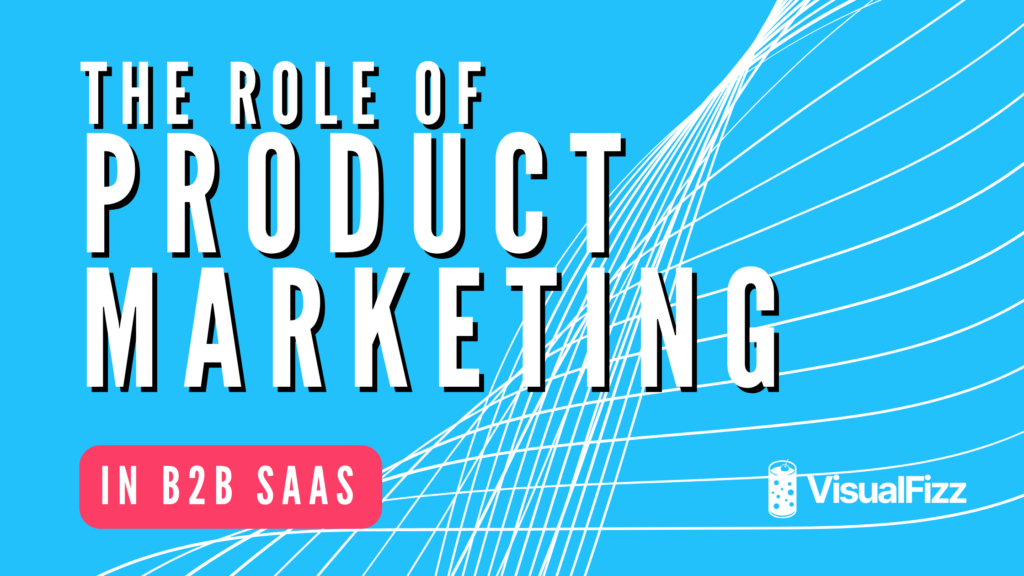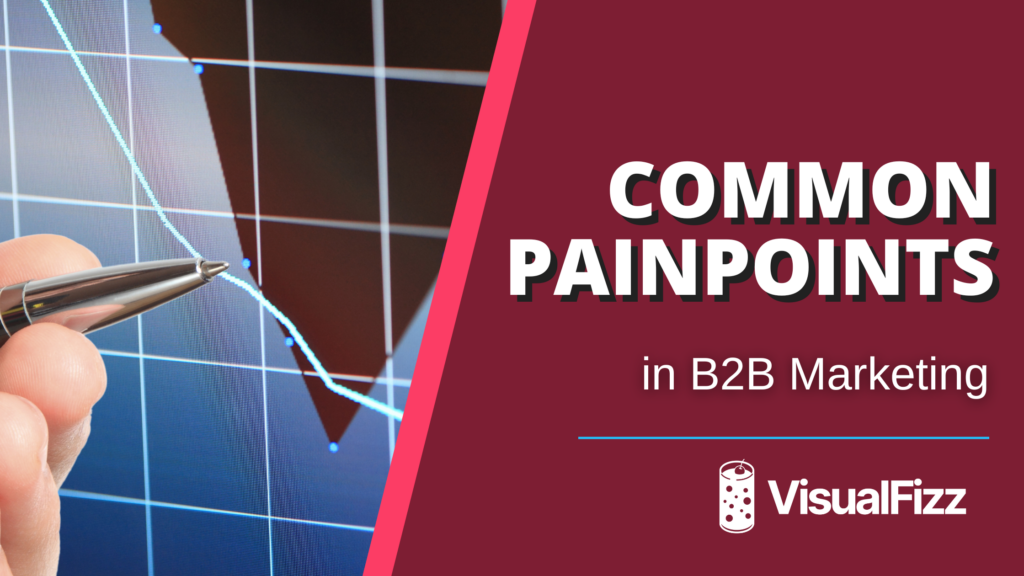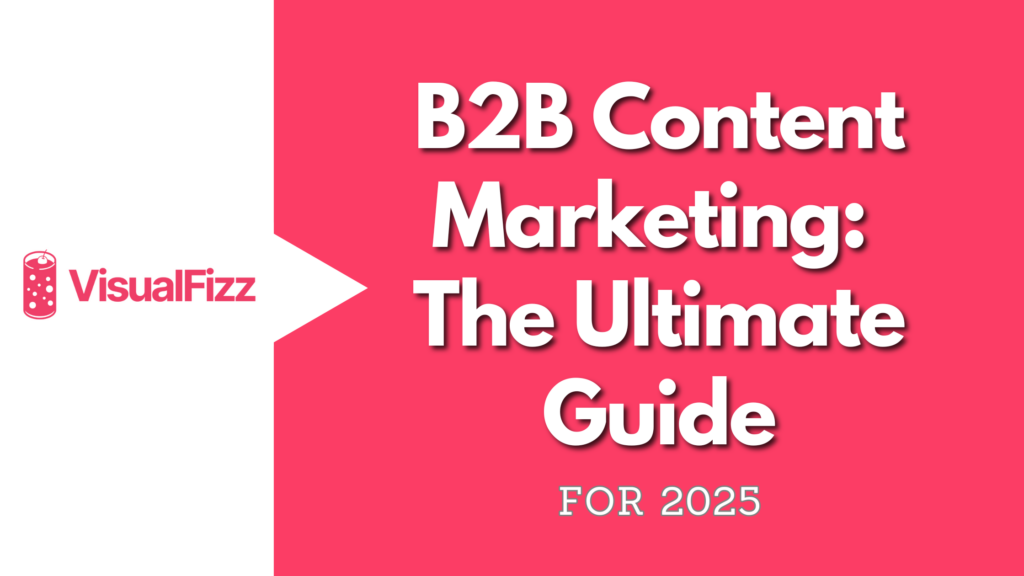
You’ve probably heard the phrase “content is king,” but in 2025, content isn’t just about volume—it’s about delivering targeted, valuable content that speaks directly to your audience. The rise of AI has made it easier for anyone to churn out content, but simply adding more to the digital noise won’t set you apart.
Today’s B2B content marketing landscape demands authenticity, thought leadership, and relevance. If you can master these elements, you’ll outpace competitors who are just recycling information.
In this guide, we’ll break down the fundamentals of B2B content marketing, offer strategies to create compelling content, and show you how to stay ahead of the curve in the years to come.
You’ll learn:
- The fundamentals of B2B content marketing
- How to develop a winning strategy
- Methods to create compelling content
Discover the tools and knowledge to take your B2B content marketing to the next level and leave your competition in the dust.
How Content Fuels B2B Marketing Strategies
Content is the fuel that powers successful B2B marketing strategies. According to the 12th annual B2B Content Marketing report, 77% of B2B marketers state that their organization has a content marketing strategy.
That means if you haven’t developed one yet, it’s time to start.
Unlike B2C marketing, which tends to focus on emotional triggers and quick sales, B2B marketing is more about long-term engagement. B2B buyers are searching for content that educates, informs, and helps them solve their specific business problems.
This means that instead of trying to evoke FOMO (Fear of Missing Out), your strategy should aim to build relationships and deliver consistent value over time. When done right, B2B content marketing will position your company as an authority and trusted advisor within your industry.
The key here is clearly defined—the more specific you get with your Ideal Customer Profile (ICP), the better your content will resonate.
When you speak to everyone, you speak to no one.
What Makes B2B Content Marketing Different?
There are several key differences between B2C and B2B marketing.
One of the biggest differences between B2C and B2B content marketing is the complexity of the purchasing process. In the B2B world, you’re not just targeting individual consumers—you’re often dealing with multiple stakeholders who have different priorities.
Since there are more touchpoints across the buyer’s journey—from awareness to consideration to decision—you need to engage prospects consistently with content that speaks to each stage.
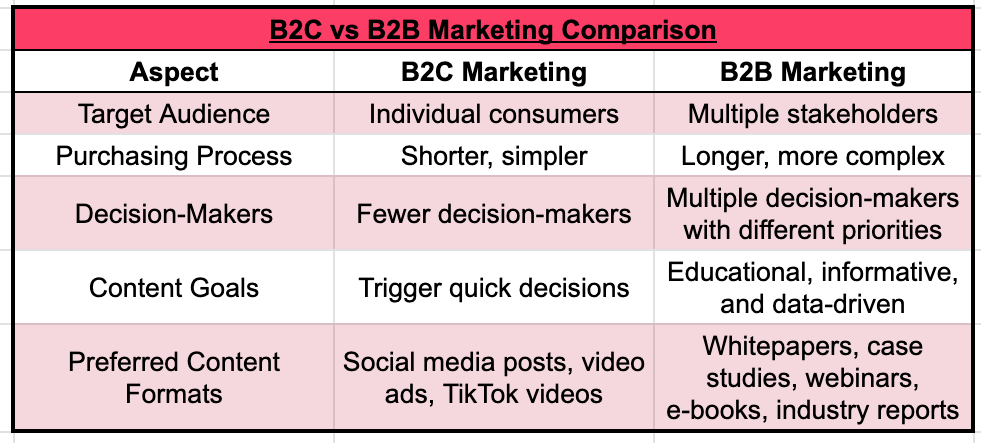
Further, nurturing your existing leads is just as important as attracting new ones. The content you produce should be educational, informative, and data-driven, catering to the specific needs and challenges professionals face in your target industry.
Your content has to address these decision-makers at every stage of the buyer’s journey, from awareness to consideration to final purchase. Instead of generic content, you need tailored, actionable pieces that guide prospects through each stage.
This distinction also affects the content formats you’ll use in a B2B setting. For example, a TikTok video might be an appropriate format for a B2C marketing campaign, but B2B content often favors formats like whitepapers, case studies, webinars, e-books, and industry reports.
You’ll also need a strong grasp on your marketing funnel, so each piece of content ushers your leads into the next stage of the process—closer to a purchasing decision.
Why Invest in B2B Content Marketing?
In a world where new marketing tactics and channels emerge constantly, why should you prioritize content marketing? Simple—content marketing delivers long-term results that go beyond immediate sales.
Thought Leadership
By creating timely, relevant content, your company can position itself as a thought leader. This not only builds trust with potential customers but also differentiates you from competitors. When your brand is seen as an expert in the field, it’s more likely to become the go-to choice when buyers are ready to make decisions.
Lead Generation
Content marketing is one of the most effective ways to generate and nurture leads. In fact, businesses that blog generate 126% more leads than those that don’t. By offering value through your content, you’re creating pathways for potential customers to engage with your brand over time.
Organic Visibility
A strong content marketing strategy also boosts your organic visibility. By aligning your content with an informed SEO strategy, you’ll improve your search engine rankings and drive more organic traffic to your site. This increased visibility not only leads to more brand recognition but also strengthens your overall online presence.
Sustainable ROI
Unlike short-term methods like PPC, content marketing continues to deliver value long after it’s published. A well-written blog post or case study can generate leads and build trust for years to come. The long-lasting benefits make content marketing one of the most cost-effective strategies available.
How to Develop a Winning B2B Content Strategy
Building a strong content strategy begins with understanding your target audience. Without knowing who you’re speaking to, your content won’t resonate or convert. Start by asking yourself key questions like:
- Who are we helping?
- What problems do they face?
- How does our content provide solutions?
Once you define your Ideal Customer Profile (ICP), you can create content that speaks directly to their needs, challenges, and interests. The more specific you get with your audience, the more relevant your content will be.
Pinpointing Your Target Audience
To build a successful B2B content marketing strategy, start by identifying your target audience through detailed buyer personas that reflect your ideal customers.
These personas should include concrete details like:
- Demographics
- Industry
- Job role
- Specific goals
- Challenges they face
For example, you might target IT managers in the tech sector who struggle with scaling infrastructure and need cost-effective solutions.
Identifying these pain points allows you to create content that speaks directly to their needs.
The Segmentation Process
In simple terms, segmentation is a framework for organizing data in your CRM.
You can create segments based on company, job title, lead status, and more.
Segmentation is especially important in B2B content marketing because you’re often creating campaigns that need to speak to multiple decision-makers across different stages of the purchasing process. Each stakeholder has unique priorities, so curating your content to address these needs is critical.
When you organize your data effectively, it allows you to craft personalized content and campaigns at scale without requiring excessive resources.
Segmentation, coupled with a strong marketing automation strategy, will allow you to deliver the right message, to the right person, at the right time.
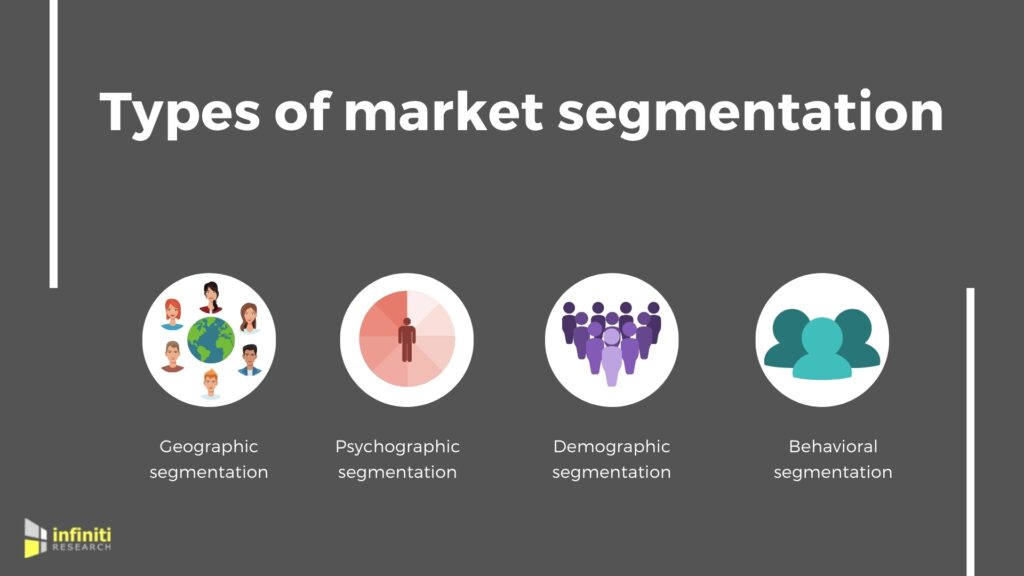
Establishing Your Goals and KPIs
Some common B2B content marketing goals include increasing brand awareness, generating leads, and improving conversion rates.
According to a recent study by the Content Marketing Institute, 86% of B2B marketers use content marketing for brand awareness, while 85% use it for lead generation.
Your KPIs are a big deal when it comes to choosing the right channels. If your goal is to generate leads, for example, you’ll probably focus more on LinkedIn or email inboxes—where decision-makers hang out.
However, if brand awareness is your priority, platforms like webinars or podcasts might be more effective. The metrics you track—whether it’s engagement, conversion rates, or website traffic—really guide which channels make the most sense for your strategy.
Understanding your KPIs helps you zero in on the channels that’ll give you the best results.
Choosing the Right Content Formats and Channels
The best B2B content marketing strategies leverage a mix of content formats and distribution channels to effectively connect with their target audience.
Popular content formats like blog posts, case studies, whitepapers, ebooks, and videos each offer unique benefits and can speak to different stages of the buyer’s journey. (No, blogs are not dead!)
Email marketing is still one of the most powerful tools, driving a 2.4% conversion rate (on average) for B2B organizations.
It’s smart to repurpose top-performing pieces across multiple platforms. This reinforces your message and boosts the return on your content investment.
- Leverage multiple content formats (blog posts, case studies, whitepapers, ebooks, videos) to connect with your audience at different stages of the buyer’s journey.
- Email marketing remains highly effective, driving an average 2.4% conversion rate for B2B organizations.
- Repurpose top-performing content across multiple platforms to reinforce your message and maximize ROI.
Creating Compelling B2B Content
Think of your B2B content marketing strategy as a multitasking machine that helps you build thought leadership, attract new leads, and nurture existing ones.
Since B2B marketing often involves multiple decision-makers, your content needs to resonate with each person involved in the purchasing process.
Ways to Use Each Content Type
- Blog Posts: Essential for showcasing your expertise and engaging audiences at every stage of the buyer’s journey. Blogs help position your brand as a trusted authority and boost search engine rankings.
- Whitepapers and E-books: These in-depth resources explore complex industry topics and solutions. Typically gated, they serve to capture leads and establish your thought leadership.
- Case Studies: Powerful for demonstrating how your products or services solve real-world problems. They highlight challenges, solutions, and outcomes from actual clients.
- Videos: Engaging and memorable, videos can be used to inform, educate, or persuade at various stages of the buyer’s journey, from awareness to the decision-making phase.
- Infographics: Visually appealing and concise, infographics simplify complex information, making it easier for your audience to digest key insights and data points.
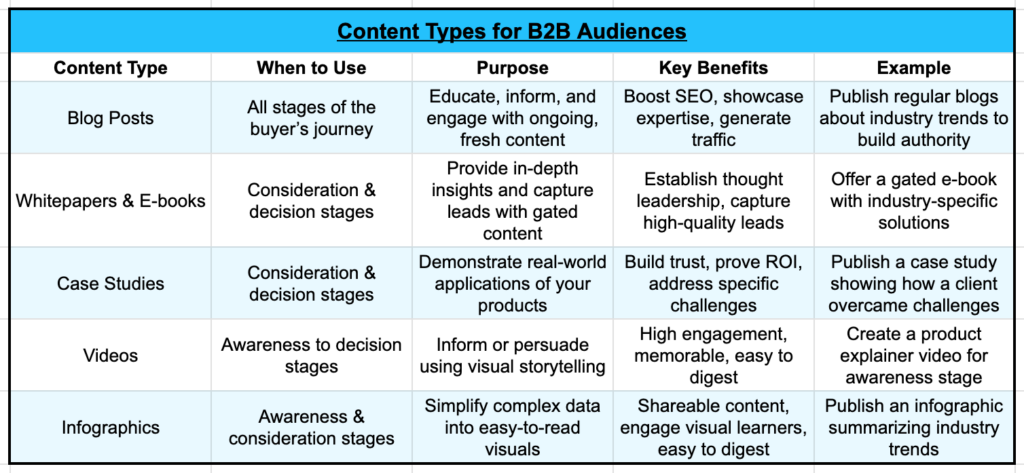
Best Practices for Creating Compelling B2B Content
To create content that resonates, you’ll need to focus on a few key best practices:
- Understand Your Audience: Thorough research into your audience’s pain points will ensure your content delivers value.
- Keep It Simple: Avoid unnecessary jargon or overly complex language that can alienate your readers.
- Use Storytelling: Engaging stories make your content more relatable and persuasive.
- Provide Real Value: Always focus on solving your audience’s problems and reinforcing your expertise.
- Optimize for SEO: Make sure your content is optimized for search engines to improve discoverability.
Driving Success with B2B Content Marketing in 2025
The future of B2B content marketing is all about delivering targeted, personalized, and valuable content at scale. By understanding your audience, segmenting effectively, and choosing the right formats, you’ll be able to guide decision-makers through the buyer’s journey with ease.
To stay competitive in 2025, businesses will need to focus on long-term content strategies that build trust, drive organic growth, and deliver sustained ROI. If you’re ready to enhance your content marketing efforts, reach out to our expert team at VisualFizz for help developing a winning content strategy in 2025 and beyond.
Publishing Date:


